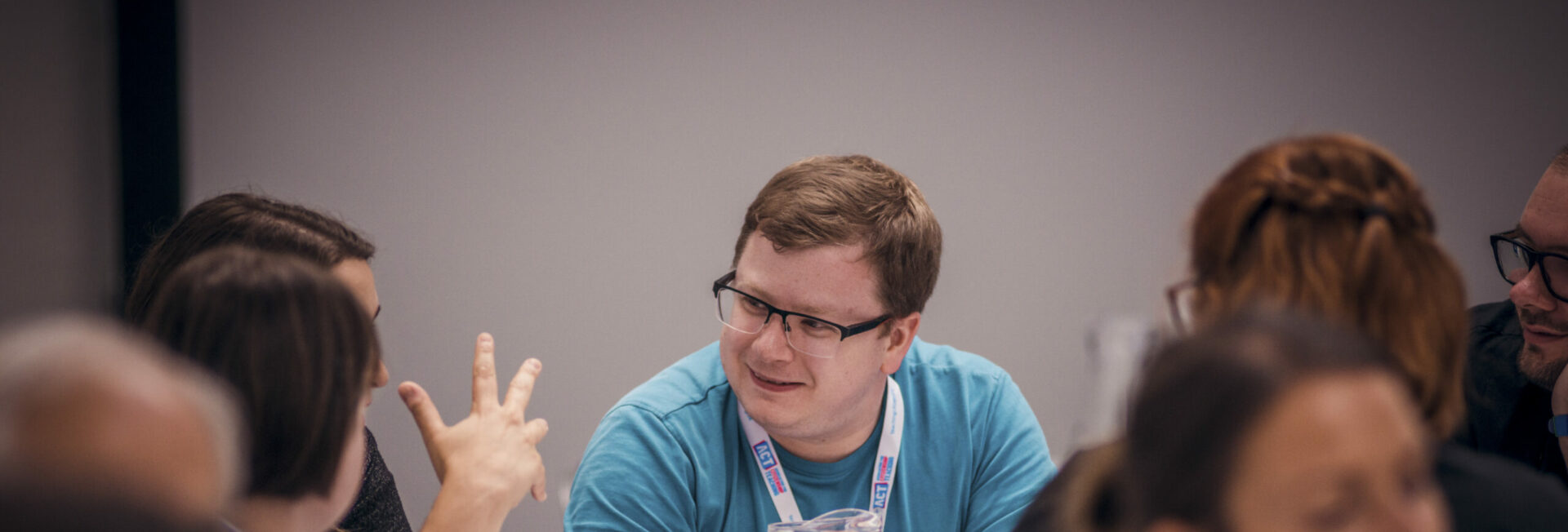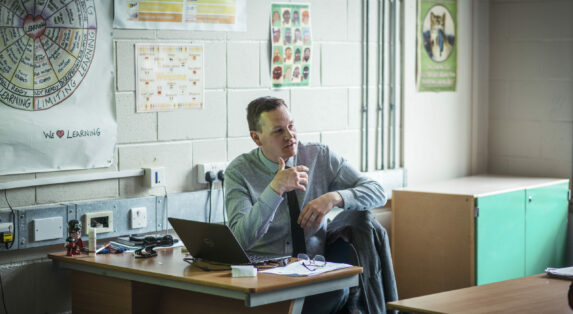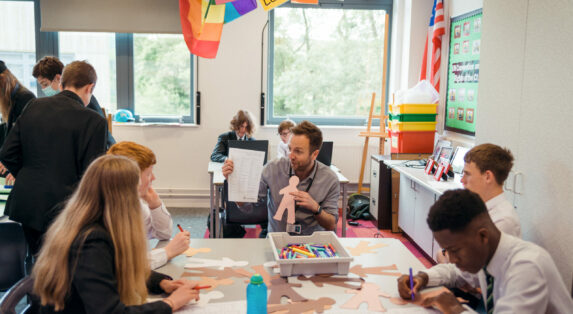
Planning Citizenship
Ensuring well planned, progressive and sequenced Citizenship teaching.
How do you plan for outstanding Citizenship?
Outstanding Citizenship ensures:
- well planned, progressive and sequenced teaching that meets the Citizenship programmes of study requirements
- pupils are appropriately stretched and challenged through meaningful teaching and learning.
When planning your Citizenship curriculum provision it is important to consider the aims of the National Curriculum together with your school priorities, the needs of your pupils and the resources you have available.
Planning stages
Planning happens in different ways, including at the whole school level. For example, when considering the curriculum as a whole, or when timetabling. Other planning considerations include as a whole key stage and by year groups, by terms, and in teaching sequences (schemes of work) for lessons.
When planning your subject provision for Citizenship you will make choices about what, when and how you teach. This will be governed by pupils’ needs and priorities at your school – often set out in your School Improvement Plan.
9 Principles of Effective Citizenship teaching
ACT has developed these 9 principles to help you consider, design and plan your citizenship provision.



